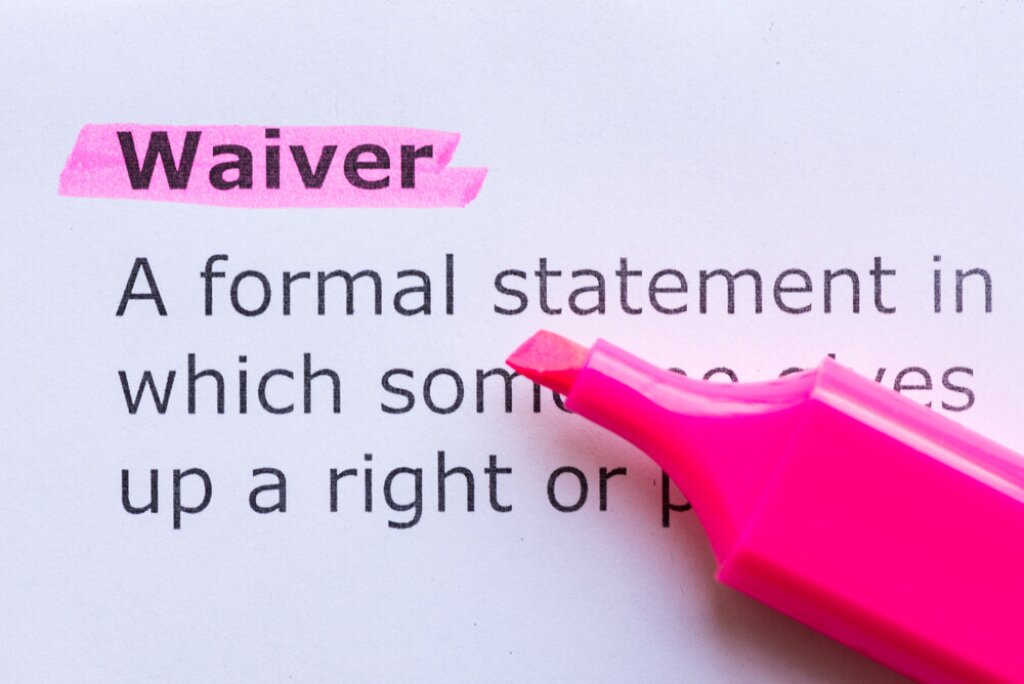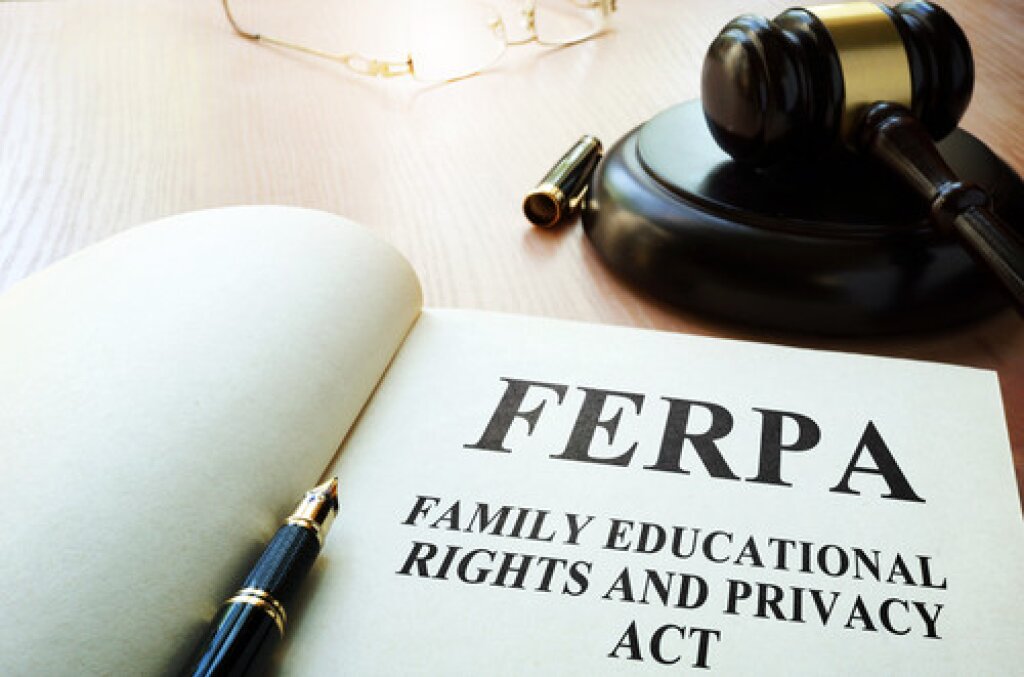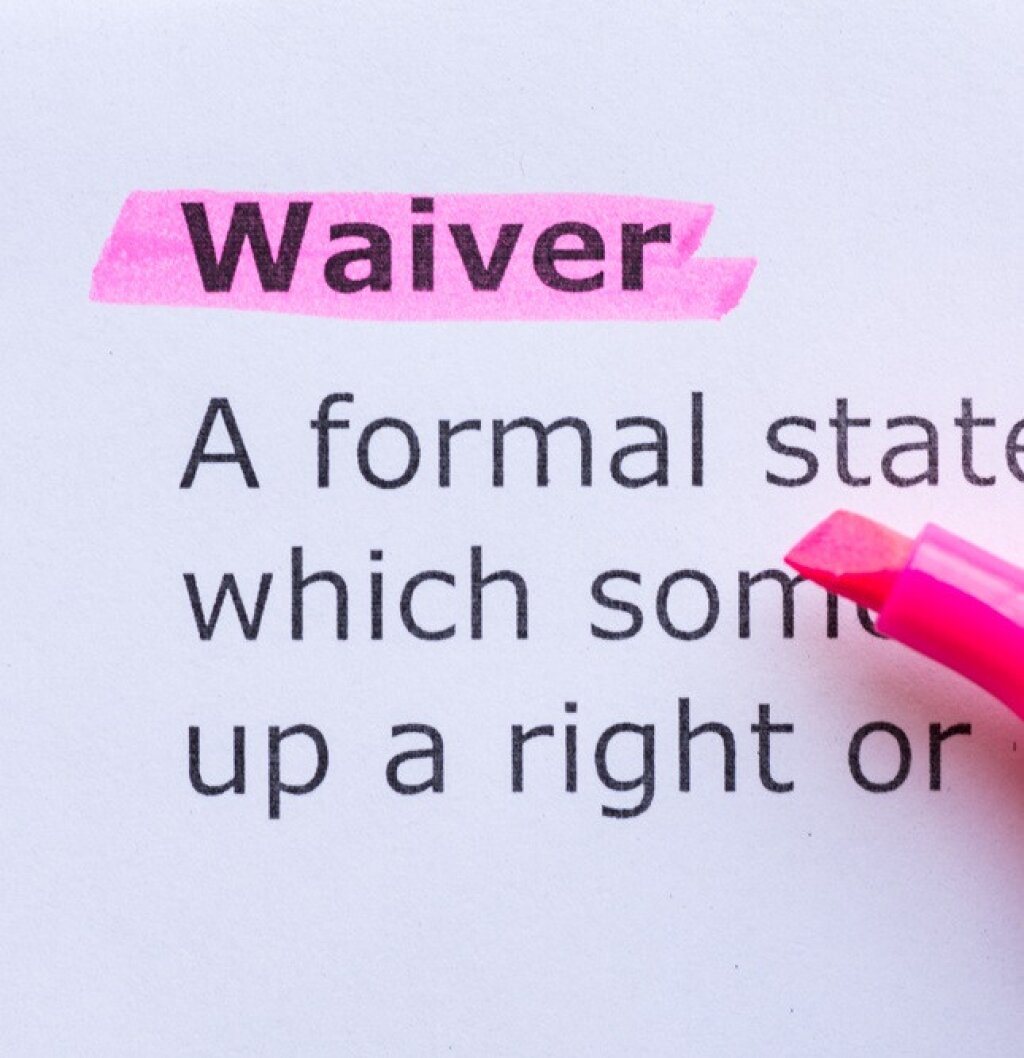FERPA Waiver: What It Is and Why It Matters for Your College Application
If you're in the process of applying to college, you've likely come across a question that asks if you want to “waive your FERPA rights.” For many students (and parents), this moment brings a pause. What exactly is FERPA? And should you waive it?
Let’s break down what FERPA means, how it affects your application - particularly your recommendation letters - and why waiving your rights is usually the smart move.
What Is FERPA?
FERPA stands for the Family Educational Rights and Privacy Act. Enacted in 1974, this federal law protects the privacy of student education records. FERPA gives students who are 18 or older (or attending postsecondary institutions) the right to:
Access their academic records
Request amendments to incorrect or misleading information
Control the disclosure of their personal information
In other words, FERPA is designed to give you control over your educational information.
What Is a FERPA Waiver?
In the context of college applications, the FERPA waiver specifically refers to whether you want to give up your right to view your recommendation letters after you've enrolled in a college.
When filling out applications - especially through platforms like the Common App or Scoir - you’ll be prompted to either:
Waive your right to see your recommendation letters, or
Not waive your right, which means you retain the option to access them later.
It’s important to know: You can only view your recommendation letters after you’ve enrolled at a college that received them. You do not have the right to see them before admission decisions are made or if you don’t attend that institution.

Should You Waive Your FERPA Rights?
In nearly every case: Yes, you should waive your FERPA rights for recommendation letters. Here’s why:
1. Colleges Trust Confidential Letters More
Admissions committees value candid, unbiased evaluations. When you waive your right, it signals that your recommenders could write openly and honestly without worrying that you’ll eventually read their words. This gives colleges greater confidence in the authenticity of their feedback.
2. Teachers May Be More Comfortable Writing
Some teachers may feel hesitant or less honest if they know their letter might be read by the student later. Waiving your rights puts them at ease and reinforces that you trust their judgment.
3. It Shows Maturity and Trust
Choosing to waive your FERPA rights demonstrates that you trust your recommenders and the process. It's viewed as a mature, professional decision - one that aligns with expectations in the college admissions world.

What Happens If You Don’t Waive Your FERPA Rights?
If you choose not to waive your FERPA rights, you’re legally entitled to view your recommendation letters after enrolling in a college. However, there may be some unintended consequences:
Admissions officers may question the authenticity of the letters and wondering whether they were influenced by your ability to read them later.
Some teachers may decline to write a letter if they know you didn’t waive your rights. They might feel that their honesty is compromised.
So while it’s your legal right to keep access, not waiving FERPA can subtly harm your application.
Will I Lose All My Rights by Waiving FERPA?
Not at all. Waiving your FERPA rights applies only to the letters of recommendation used in your college application. You still retain full access to the rest of your academic records and privacy protections under FERPA.
How Do You Waive FERPA?
On the Common App:
Complete the Education section of your profile.
Add at least one college to your list.
Navigate to “My Colleges”, select a school, and go to the Recommenders and FERPA section.
Follow the prompts to review your decision and sign the FERPA Release Authorization.
Once signed, this waiver applies to all colleges on your Common App.
On Scoir:
If your high school uses Scoir, you can review and sign your FERPA Release Authorization and Waiver of Rights directly from your My Profile page. Once signed, these forms are stored and forwarded to colleges along with your application documents.
Note: After signing the FERPA form, you cannot change your response without contacting your counselor.
FERPA Release vs FERPA Waiver: What's the Difference?
These terms are often confused, but they serve different purposes:
FERPA Release authorizes your high school to send your records, including transcripts and recommendation letters, to colleges.
FERPA Waiver refers to whether you allow yourself access to those recommendation letters once they’ve been sent.
In most cases:
If you’re 18 or older, you sign both.
If you’re under 18, a parent signs the release, but only you sign the waiver.
Still Nervous About Your Recommendation Letters?
That’s normal. But here’s the thing: If a teacher agrees to write a letter, they’re likely rooting for you. If they had concerns about writing a strong recommendation, they’d likely say no.
To increase your peace of mind:
Choose teachers who know you well and have seen your best work.
Ask respectfully and early - ideally, four to six weeks in advance.
Provide a resume or “brag sheet” with key info and accomplishments.
Always follow up and thank them - both before and after the letters are sent.
Final Thoughts: Why Waiving FERPA Makes Sense
Waiving your FERPA rights is a small step that makes a big difference in the college application process. It strengthens the credibility of your recommendation letters, reassures admissions teams, and encourages your teachers to write freely and positively.
By trusting the process and the people you’ve chosen to advocate for you, you help yourself stand out as a thoughtful and prepared applicant.
FAQs About the FERPA Waiver
Q: Can I still see my recommendation letters if I waive FERPA?
No. Waiving your rights means you will not be able to view the letters at any point, even after enrolling.
Q: Will not waiving FERPA hurt my chances?
It might. Colleges may question the integrity of your letters, and some teachers may be less comfortable writing them.
Q: Can I change my FERPA decision later?
Once you sign and submit the form, you’ll need to go through your school counselor to request any changes.
Q: Does FERPA apply to all my college documents?
FERPA governs your full education record, but the waiver only applies to letters of recommendation.
Q: What if I really want to read my teacher’s letter?
You can ask your teacher if they’re willing to share it with you directly, but they’re under no obligation to do so.



